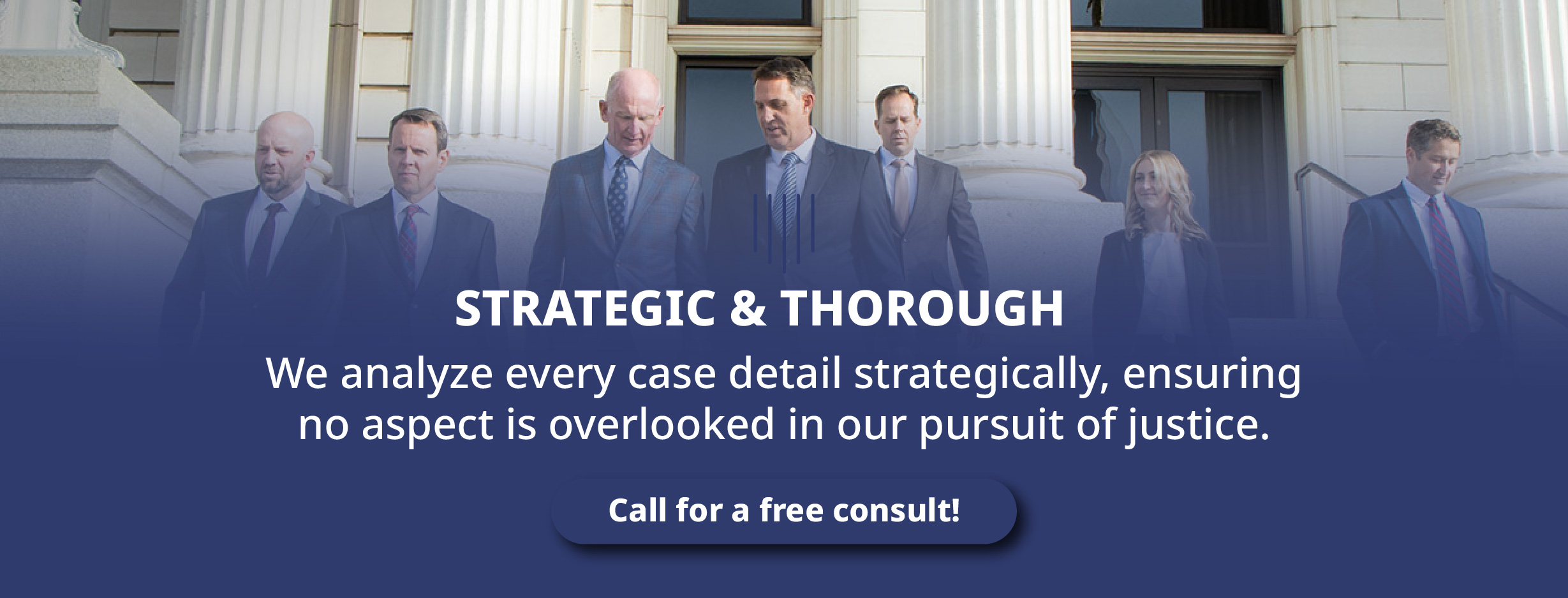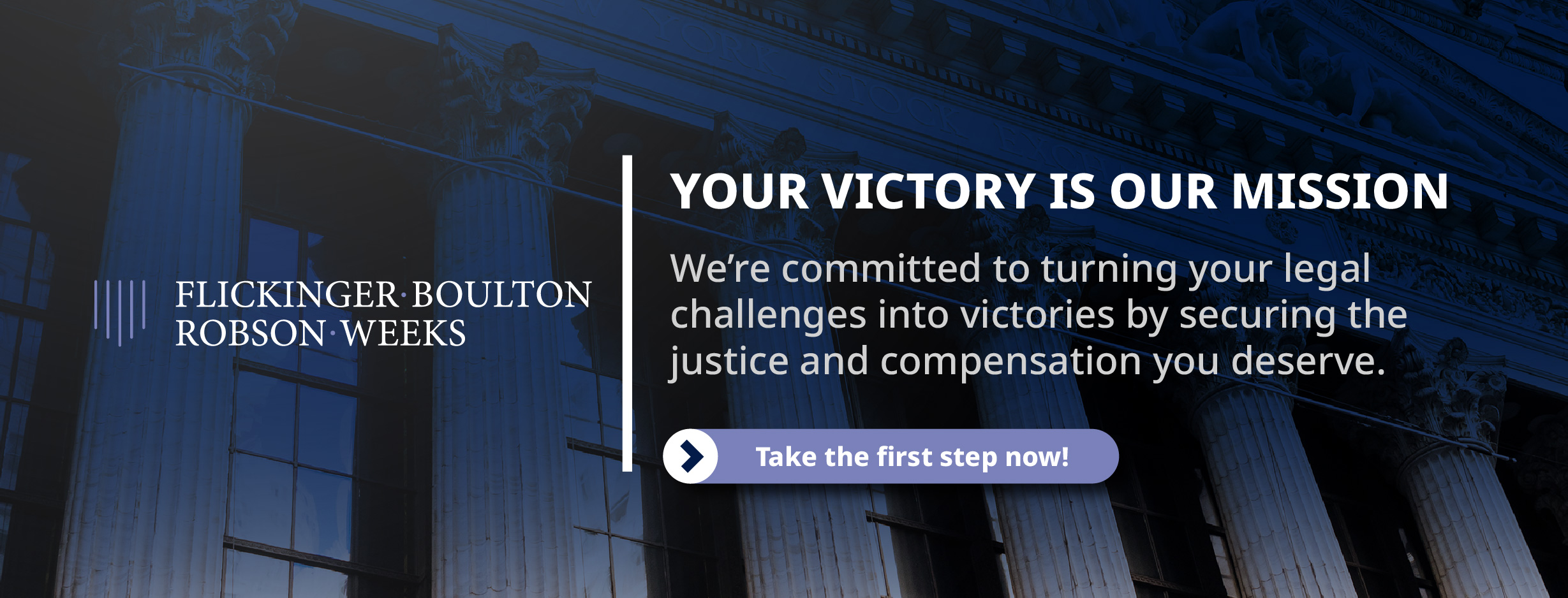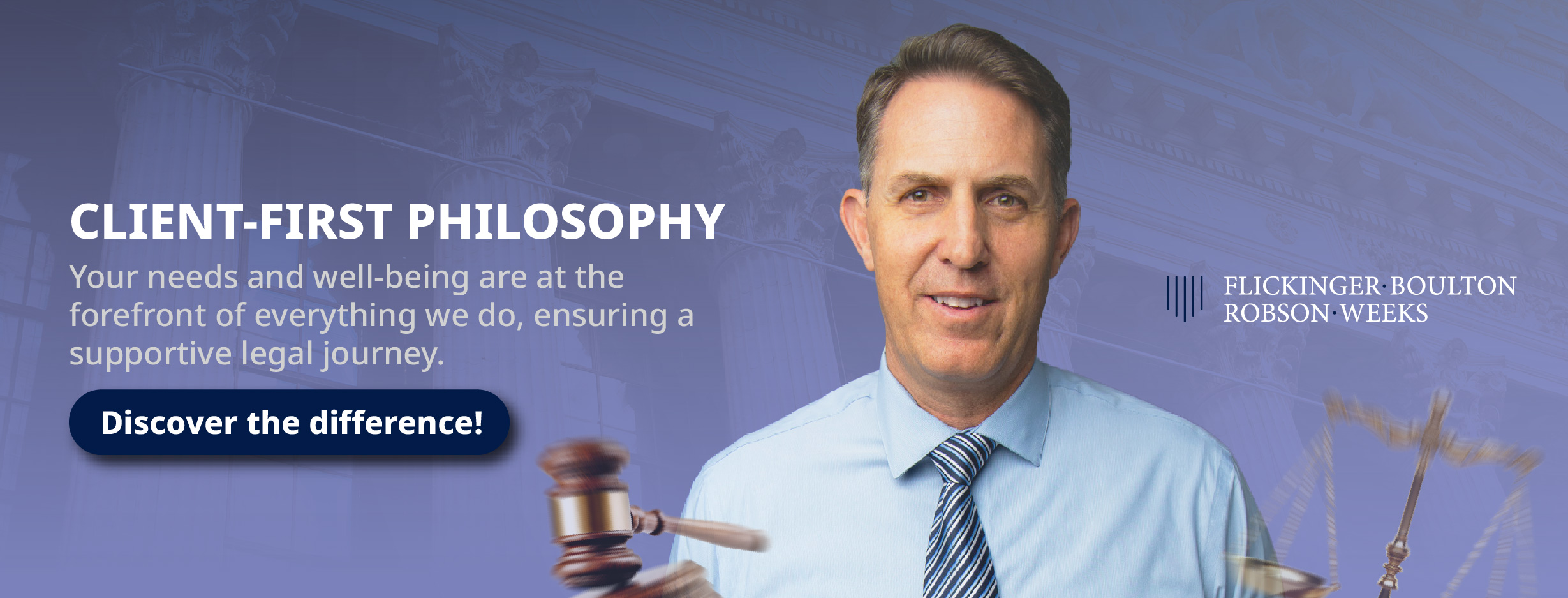Rideshare services like Uber and Lyft have become a convenient way to travel around Ogden, whether you are commuting to work, heading out for dinner, or other casual daily traveling through the city.
Unfortunately, accidents can still happen, and when they do, the insurance process may be more complicated than it first appears. We understand that you might feel stressed and uncertain after a rideshare accident.
At Flickinger Boulton Robson Weeks, our team of Ogden rideshare accident attorneys’ goal is to simplify this process for you.
In this article, we will walk you through the basics of rideshare insurance policies, explain how coverage differs from personal auto insurance, and discuss what happens during different phases of a ride. We will also share how our firm helps you navigate insurance disputes so you can seek fair compensation for your injuries and losses.
Rideshare companies offer insurance coverage that is meant to protect both drivers and passengers during a trip. However, coverage can vary based on the stage of the ride.
Rideshare insurance typically includes:
In Ogden, these policies come into play depending on whether the driver is waiting for a ride request, en route to pick up a passenger, or actively transporting someone.
If you are injured as a passenger or in another vehicle, you may be entitled to compensation through the rideshare company’s insurance if the driver is found at fault. Our team of Ogden rideshare accident lawyers can help you figure out which coverage applies to your situation.

One of the main points of confusion after a rideshare accident is determining when personal auto insurance applies versus when the rideshare company’s policy is in effect. Here are the key differences:
Knowing these differences can help determine which insurance company is responsible for your claim if you are involved in a rideshare accident. We at Flickinger Boulton Robson Weeks are here to guide you through the process and protect your right to fair compensation.

Rideshare trips typically have several distinct phases. Understanding which phase you were in at the time of the accident is key to knowing what coverage applies:
If you are hit by a rideshare driver or injured as a rideshare passenger in Ogden, which phase the driver was in during the crash can determine whose insurance pays. A thorough review of the driver’s app status and logs provided by the rideshare company can confirm the coverage that applies to your claim.

Dealing with multiple insurance companies can be overwhelming, especially when you are recovering from an accident. Our team at Flickinger Boulton Robson Weeks offers guidance and support every step of the way.
If you have been injured in a rideshare accident in Ogden, you deserve clear answers and solid support.
Contact a skilled Ogden rideshare accident lawyer today at (801) 500-4000 to schedule a free consultation and case review. We will assess your case, discuss your legal options, advise you on the best course of action, and help you pursue the compensation you need.
Bicycle Accidents
Motorcycle Accidents
Boating Accidents
Recreational Vehicle Accidents
Bus and Mass Transit Accidents
Pedestrian Accidents
Automobile Accidents
ATV or UTV Rollovers
Commercial Vehicle Accidents
Semi Truck and Trailer Accidents
UTAH INJURY LAWYERS
Flickinger • Boulton
• Robson • Weeks
PROVO OFFICE
3000 N University Ave
Suite 300
Provo, UT 84604
SOUTH JORDAN OFFICE
10393 S. Temple Dr.
Suite 103
South Jordan, Utah 84095
OFFICE HOURS
Monday- Friday: 8AM-5PM
Saturday-Sunday: Closed
*Disclaimer: the information provided by this website is for informational purposes only and should not be considered legal advice or a substitute for competent legal counsel.
**SMS consent and contact phone numbers will not be shared or sold to third parties or their affiliates for any purpose.
© 2025 All Rights Reserved.